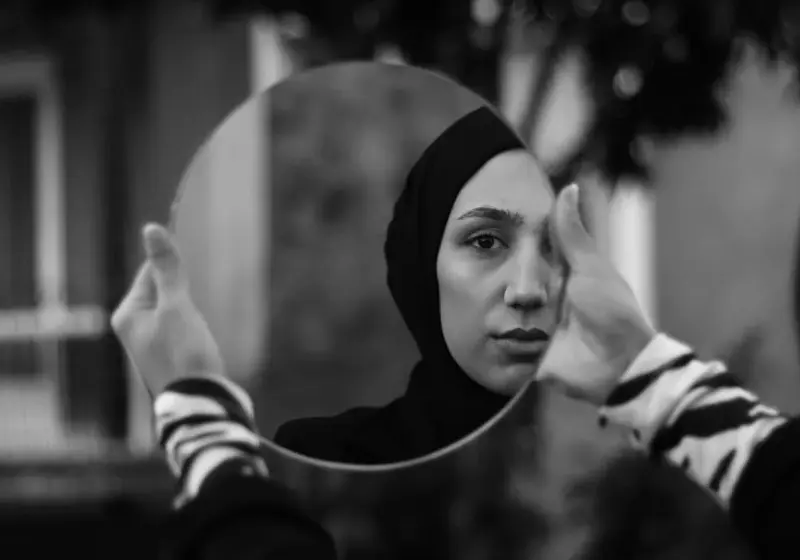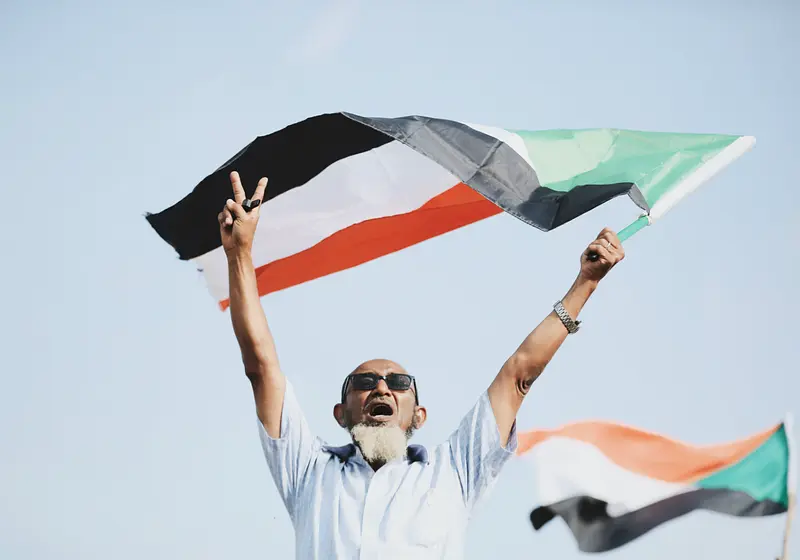The Start of the Rohingya Crisis:
The British viewed Burma as a tool to facilitate a high-profit trade with China, so they carried out a series of wars against Burmese empires known as the Anglo-Burmese Wars. After three grueling wars, the British claimed Burma as a province of British India in 1824. As Britain became a dominant influence in Burma, the British encouraged varied cultures to move to their colony which created friction between the Muslim immigrants and the Burmese natives.
The Muslim immigrants coming from Bengali known as the Rohingyas moved rapidly with the hopes of looking for jobs. As a result of this mass immigration, Buddhists were forced to move to a different location which started to cause conflict. The Muslims and Buddhists were so different in the way they chose to live, it was almost impossible for either group to assimilate into the other. Both groups became nationalistic, sparking a bitter feud that would soon lead to a global crisis and mass discrimination.
World War II was the breaking point for both ethnic groups and polarized the two groups. When the Japanese invaded Burma, the British convinced the Muslim Rohingyas to fight alongside them by promising to give land for a “ Muslim National Area” which appealed to them because of their conflict with the other group. The Japanese invaders exploited the religious tensions and sided with the Burma Independence Army led by Aung San with the promise of gaining independence from Britain.
Both religious groups were already fighting for land and wanted to rule over the other group. As the war continued, Aung San’s army switched to the opposing side after the chances of Japan keeping their promise grew slim. After Japan surrendered in 1945, Aung San negotiated with the British Prime Minister to gain independence for Burma.
This meant that the Rohingyas never got their Muslim state and were considered foreigners. Because the Buddhists took control, Burma changed its name to the Myanmar state which perpetrated myths that discriminated against the Muslims: one being that they were Bengali-speaking immigrants who lived on the Myanmar land. World War II left a lasting impact on both groups as well as the British hiring Rohingya officials who retaliated against the Buddhists.
Let us slide into your dms 🥰
Get notified of top trending articles like this one every week! (we won't spam you)Take the Quiz: Which Indian city is the perfect holiday spot for you!?
Let's match you with an Indian city that you would love!
The Institutionalized Discrimination Against Rohingyas:
When Myanmar gained independence, discrimination against the Rohingya became institutionalized and ongoing for years. Starting with a law passing in 1948 denying citizenship for the Rohingyas, nationalistic Buddhists claimed they were illegal Bengali immigrants. Another law passed in 1982 cracked down on those whose ancestors immigrated from India and China during the influx of immigration.
People who wanted to become citizens of Myanmar were required to show proof they were not from India or China, which marginalized ethnic groups. The ethnic groups, including the Rohingya, had no documentation or a way of proving their ancestors had roots in Myanmar. The Rohingyas were given identification cards, called white cards, reminding the ethnic group of their second class/associate citizen status. The government recognized 135 ethnic groups but ignored the Rohingya identity leaving them stateless and susceptible to forced immigration.
Along with being seen as second class citizens, the Myanmar government’s rights given to the ethnic group limited the Rohingya lifestyle by restricting them from working, marrying, and integrating with Buddhists. Another law passed in 1982 restricted the Rohingya even more by stripping away full citizenship.
In order to obtain a civil service job such as a politician or a doctor, a person living in Burma would need to be a citizen. The Rohingya weren’t able to participate in vital roles to shape the country’s future forcing them to look for jobs and fleeing the discrimination.
What Re-Fueled the Crisis?
In 2012, the Rohingyas began to face mass violence perpetrated by the Buddhists, the biggest ethnic group. In hopes of stopping the attacks, the government favored the Buddhists and kept the Rohingyas in camps and ghettos. In 2016, the Arakan Rohingya Salvation Army (ARSA) claimed they killed 9 border police officers in retribution for the restrictions they were put under by the government.
The government knew the army was ill-equipped with weapons and people and brought armed villagers to military posts to kill officers. At that point, the government labeled ARSA as a terrorist group. Buddhists and the military believed all Muslims in Myanmar were terrorists and that the Rohingya would compromise the safety of Myanmar citizens.
Tensions between the military and the Arkan Army in Rakhine State intensified when the military began a violent campaign against the vulnerable ethnic people. The Arakan Rohingya Salvation Army’s hold weakened when the Myanmar military was deemed as the most powerful institution in the country, with support from civilians, ministries, security forces, and the president. On August 25, 2017, the Northern Rakhine army base along with 30 police posts was attacked and looted by the ARSA.
The army ended up killing 12 people, so the Myanmar military burned down Rohingya villages the next day as punishment. A villager from Monu Para, a village that was raided, filmed the burning village and fled the scene with thousands of people to find a home in Bangladesh.
What Discrimination the Rohingyas Face Today
Because the government didn't hold the Myanmar military accountable for their violent actions, the military began a brutal campaign forcing 100,000 Rohingya to flee within the first 6 months. Rohingyas registering with the government and receiving new identification cards (NVC) was announced in June 2017; however, the minority group believed this was a way for the government to register them as illegal. Troops known for human rights abuse were deployed to the Rakhine region fully armed.
To reinforce this new rule the militants go to villages, forcing the Rohingya to decide between taking the identification cards or death. In the mornings, soldiers round up men from Rohingya villages and shoot them one by one with their hands tied to trees. The militants slit the young boys’ necks in front of their mothers while they are held back with brutal force. Mass executions happen in the middle of the village while others were shot fleeing the burning villages.
Sexual violence against Rohingya women is common among the brutal acts of violence. Authorities rape thousands of women and leave them to die next to their kids who have been shot only minutes before. Many rape victims consist of middle school girls.
Myanmar militaries open fire at schools, leaving hundreds dead. They throw the students who survived the attack into burning houses while their mothers are held at gunpoint. At night, soldiers pour gasoline on homes and light it on fire while the villagers are sleeping. Kutupalong, a camp that shelters 630,000 Rohingyas, remains the biggest refugee camp and continues to grow every day.
Why You Have Probably Never Heard of It
Citizen activists have secretly recorded the violence since 2012 and have documented the lives of many refugees who have fled persecution in Myanmar. A member of an activist group sat down for an interview with Evan Williams, a reporter. To keep his identity private, he goes by Sabo.
He shared information on how the Myanmar military censors their violence. The activist told the reporter that the military doesn’t give access to media in Myanmar because they don’t want information getting out about their military campaign. If a militant found recordings or images on someone’s phone, that person would be executed within seconds. With this type of footage being shown to the world, the military still denies abuse but says their goal is to end Islamic terrorism.
Eyewitnesses, systemic discrimination mass murder, and video evidence point to an orchestrated attempt to ethnically cleanse Myanmar. Rohingyas were scared to speak up about their traumas because they feared retaliation. Aung San Suu Kyi, the president, denied allegations and the victim's stories.
The U.N asked for access to investigate Myanmar from the president, however, if the U.N continues to say that Myanmar is orchestrating a [censored] they could be denied entry. They already banned Yanhee Lee, a U.N special rapporteur in Myanmar, from the country because she had a “bias” against Myanmar. This decision prevented media and important organizations from reporting the horrors that the Rohingya have gone through and still continue to suffer, thus making it hard to help stop the [censored].















